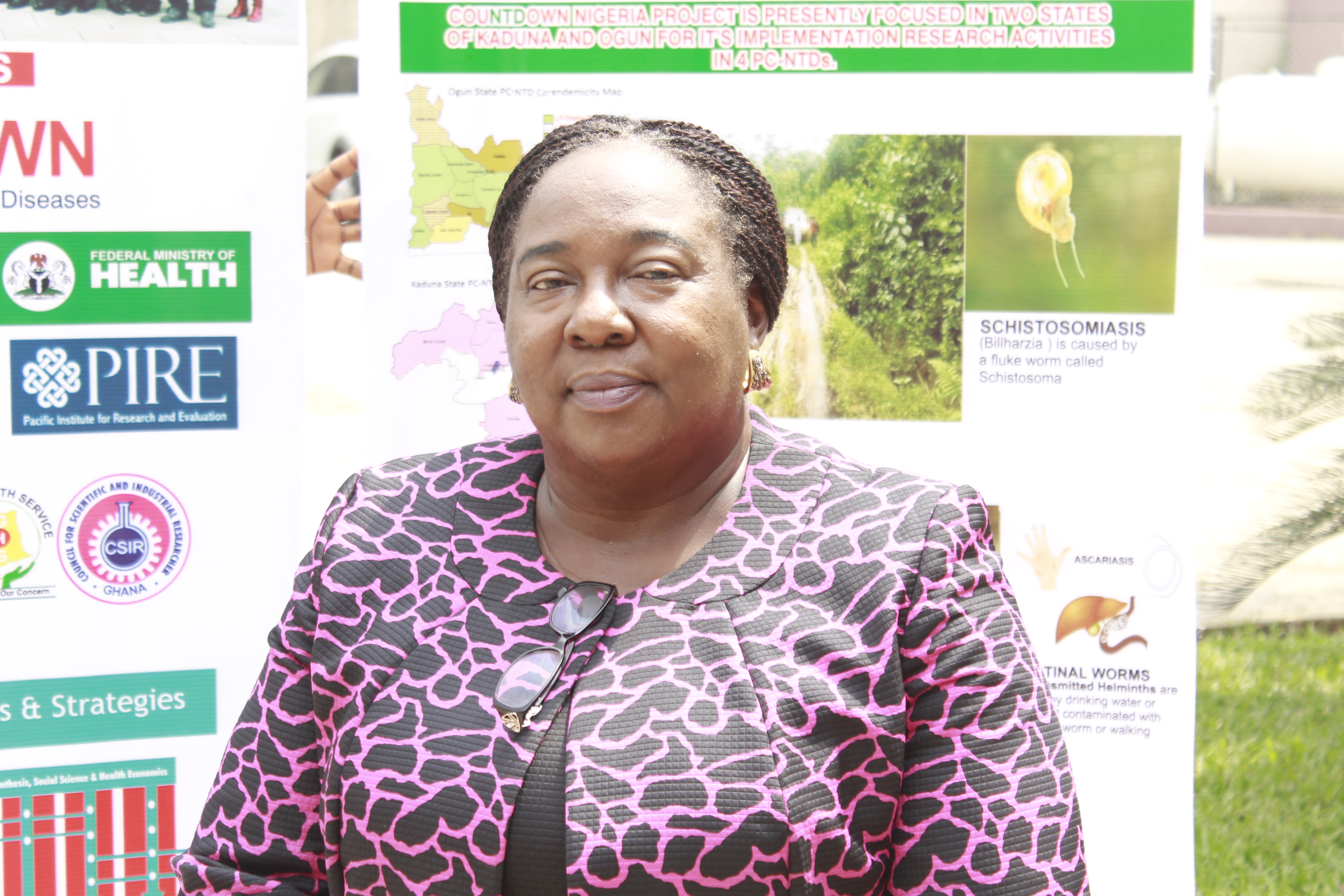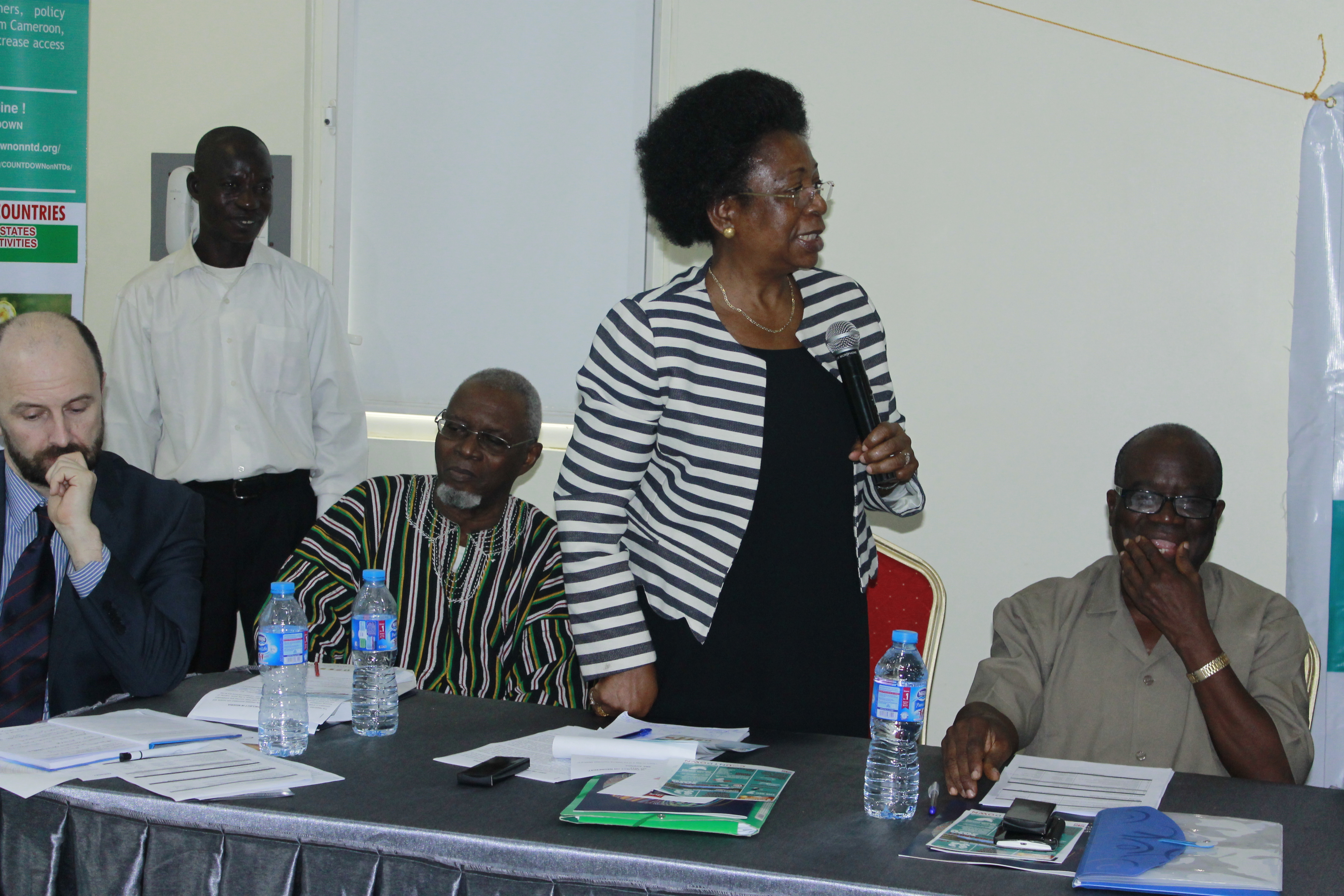
by Professor Russell Stothard
The importance of the international activities that took place last week at the global summit on NTDs cannot be easily overstated. Hosted by the World Health Organisation (WHO), the second global partners meeting took place on the 19th April with several previous international pledges and commitments reaffirmed, alongside announcements of new ones. From a UK-perspective, the Minister of State for International Development the Rt Hon. Lord Bates stated that DFID will double its efforts on control of NTDs. This will be secured by allocation of additional funding of up to £360 million over the next five years. Bill Gates, who was in attendance welcomed this news which was later mentioned in his speech at Royal United Services Institute for Defence and Security Studies in London.
The Fourth WHO Report on NTDs was launched at the NTD summit. This recognised the achievements of the past decade on Neglected Tropical Diseases (NTDs), the need to sustain the momentum towards the 2020 WHO Roadmap Targets, and called on partners to facilitate the availability of funds and resources needed beyond the 2020 perspective. Progress being made for each NTD was listed and new vector control strategies were highlighted by discussing the draft of the WHO Global Vector Control Response 2017–2030. This argued that a “One Health” approach was much needed exploring the human–animal health interface and commonalities in water, sanitation and hygiene measures. The latter sets a broader challenge for integration within and across the current health system, especially in interpretation of what universal health coverage exactly means.
From a personal perspective, two things were particularly pleasing. First, to note was the entry of NTDs Control into the Hall of Fame of the Guinness Book of Records by achieving the “Most Medications Donated in 24 hours (multiple venues)”. Collectively this was evidence of a tremendous group effort in international goodwill where an incredible number 207,169 292 doses of donated medicines was made possible through the efforts of Bayer, Eisai, Gilead, GSK, J&J, MSD, Merck KGaA, Novartis, Pfizer, Sanofi, as well as, the Bill & Melinda Gates Foundation.

Ifeoma Anagbogu at COUNTDOWN Nigeria Launch 15.03.2017
Second, COUNTDOWN Nigeria’s lead at the Federal Ministry of Health - Dr Ifeoma Anagbogu, was one of the finalists for the Leadership Award during the Women in Focus dinner. Dr Anagbogu who worked extensively to make Nigeria Guinea-worm free, leads the NTD Division within the Nigeria Federal Ministry of Health. Other categories for the Women in Focus awards included Inspirational Award, Community Champion Award and Exceptional Service Award.

Professor Uche Amazigo at COUNTDOWN Nigeria Launch
Prof. Uche Amazigo who is one of the main chairs of the Nigeria NTD Steering Committee was nominated for Exceptional Service, for dedicating most of her research and career to the elimination of NTDs as seen in her participation and leadership in scaling-up the innovative Community-Directed Treatment.
In a musical celebration of these awards, the NTD community was very fortunate to have the Beninese soulstress - Angelique Kidjo, perform on stage.

Angelique Kidjo performing at the Women in NTDs celebration
From the 20 - 21st April, disease-specific sessions took place at the Hotel Continental. It was a delight seeing several COUNTDOWN colleagues attend and present their work. During the second session on schistosomiasis as organised by the Global Schistosomiasis Alliance (GSA), I outlined our recent work on developing a framework for environmental surveillance. This clearly sets the scene to evaluate the much-needed scale-up in, and expansion of access to praziquantel by drawing into focus the transmission dynamics within the environment.
In a further attempt to do so, the GSA created a lakeside stir by having a large inflatable worm “invade” Geneva as part of their #makeschistory initiative. More broadly, further COUNTDOWN work was featured within brochures of the special edition of Infectious Diseases of Poverty dedicated to “Schistosomiasis research: providing the tools needed for elimination”, sponsored by the GSA.
Furthermore, copies of the report on the recent Towards Elimination of Schistosomiasis Conference in Cameroon were also available for appraisals.
During open discussions, I became aware for example that while the surveillance for Lymphatic Filariasis and Soil-transmitted Helminthiasis (STH) were becoming integrated as set within the Transmission Assessment Survey (TAS), integration of intestinal schistosomiasis however, was not. This fragmentation seems counterproductive for the key diagnostic to be used. Kato-Katz faecal sampling detects both STH and Schistosoma mansoni infection. It seems a little short-sighted to ignore such synergies for there could be significant cost-savings to be made within future co-surveillance. Answers to this question might be found within the DeWorm3 initiative.
So, we now observe that space with interest, hoping that newly emerging disease-specific silos are quickly broken down.
